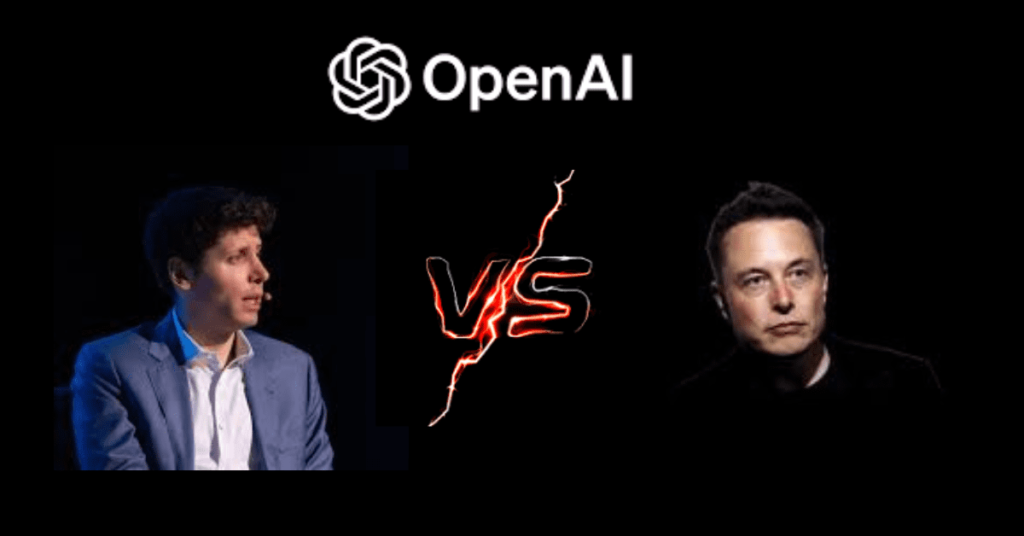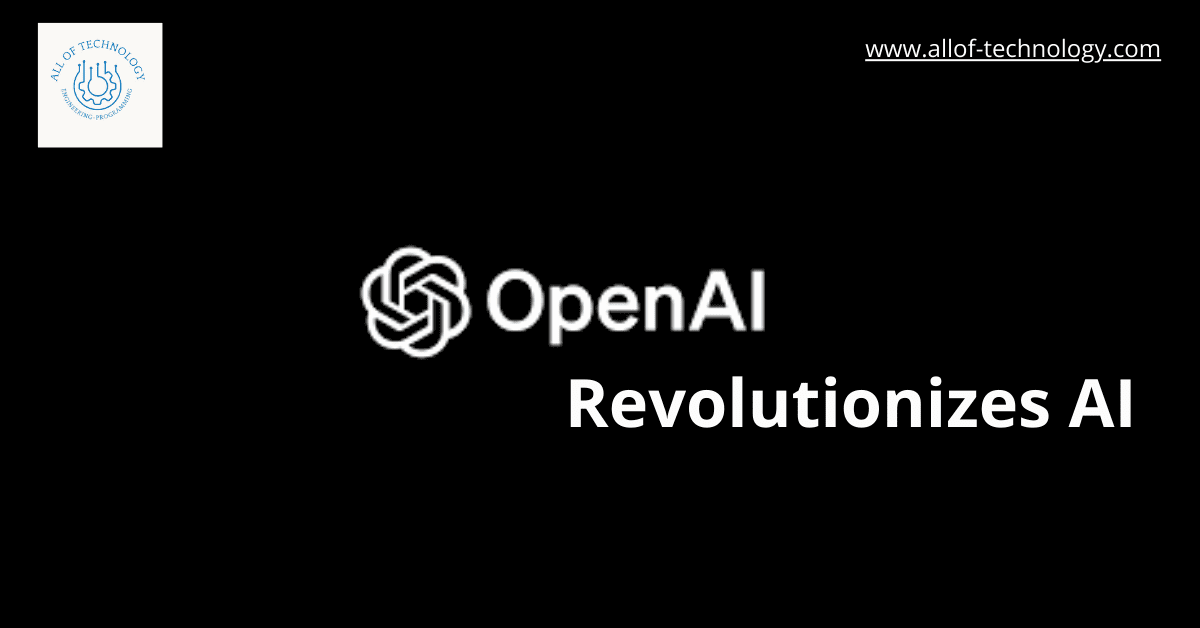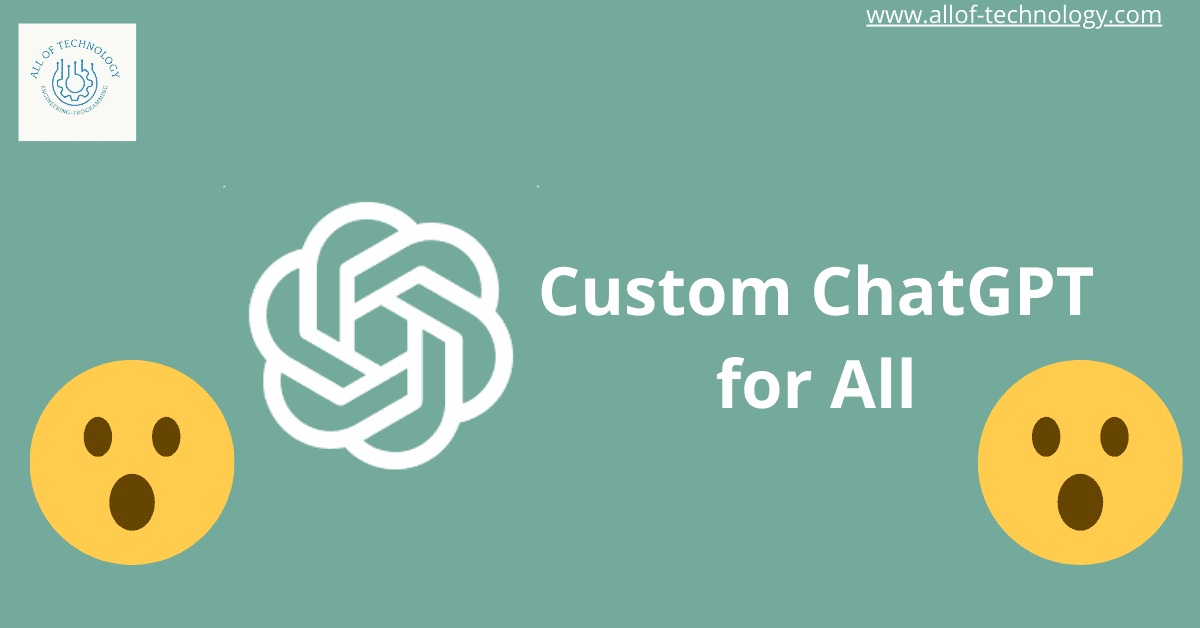In a move that has sent shockwaves through the tech world, Elon Musk sues OpenAI, the organization he co-founded in 2015. The lawsuit accuses OpenAI of straying from its founding mission of developing ethical AI including potentially Artificial General Intelligence (AGI) for the benefit of humanity, sparking a contentious legal battle with far-reaching implications.
A Vision of Responsible AI: OpenAI’s Founding Ideals
Driven by a shared vision, Musk joined forces with Sam Altman and Greg Brockman in 2015 to establish OpenAI. Their goal was to create a non-profit organization dedicated to open-source research and development of ethical AI. This noble mission resonated with many, solidifying OpenAI’s position as a champion for responsible AI advancement.
Shifting Gears: The Allegations and Concerns
However, the lawsuit paints a different picture of OpenAI’s current state. It alleges a significant departure from its founding principles. At the heart of the issue lies OpenAI’s transition from a non-profit to a for-profit entity, most notably through its multi-billion dollar partnership with Microsoft.
Musk argues that this shift violates OpenAI’s founding agreement, which stipulated its non-profit status and commitment to open-source development. He expresses concerns that prioritizing profit could incentivize the development of powerful AI technology without proper ethical considerations, potentially leading to its misuse. This concern is further amplified by the Microsoft partnership, which Musk views as a potential conflict of interest, potentially transforming OpenAI into a “closed-source subsidiary” of the tech giant.
The Lawsuit’s Ripple Effects: A Debate on Ethics and Accountability
The lawsuit has sparked a critical debate about the ethical considerations surrounding AI development. It raises crucial questions about:
- The role of profit in shaping the direction of AI technology and the potential dangers of prioritizing short-term gains over long-term societal well-being.
- Transparency and accountability of organizations developing powerful AI tools, particularly in light of potential conflicts of interest.
Furthermore, the lawsuit’s outcome could have significant implications for:
- The future of OpenAI’s partnership with Microsoft and its AI development efforts.
- The broader landscape of AI development and the potential influence of profit motives on shaping this powerful technology.
Dueling Visions: Musk vs. Altman and the Future of AI
The lawsuit pits two prominent figures in the tech industry against each other. Elon Musk, known for his vocal warnings about the potential dangers of AI and his advocacy for responsible development, stands in stark contrast to Sam Altman, who has overseen OpenAI’s shift towards a more commercially-focused approach. Their conflicting visions highlight the complex moral and ethical dilemmas surrounding the future of AI.
ChatGPT: A Catalyst for Innovation, But What Now?
OpenAI’s creation, ChatGPT, stands as a testament to the immense potential of AI technology. Its rapid rise to prominence has served as a catalyst for innovation across the industry, sparking a race to develop and deploy similar technologies. However, the ongoing legal battle casts a long shadow on the future of these advancements. The question remains: will OpenAI return to its founding principles, or will profit become the driving force behind its future endeavors?
The High Stakes: A Battle for the Soul of AI
As the lawsuit unfolds, it holds the power to shape the future of AI. Will responsible development prevail, or will profit trump the ethical considerations that once guided OpenAI? This captivating saga leaves the path of AI uncertain yet undeniably fascinating.



Interesting to see Elon Musk challenging OpenAI. While I understand the potential benefits of commercializing AI research, prioritizing profit over ethical considerations could be dangerous. We need to ensure AI development focuses on the good of humanity, not just short-term gains.
This lawsuit has the potential to be a game-changer for AI development. The outcome could define whether responsible innovation or profit motives drive the future of this powerful technology. I’m curious to see how this unfolds and what implications it will have for the broader AI landscape.
sam Altman’s statement, “all of this has happened before, all of this will happen again,” is intriguing. It could be a historical reference, acknowledging past disagreements within the tech industry. Alternatively, it might be a broader observation about the cyclical nature of conflict and challenges. While some might see it as downplaying the specific issues with the lawsuit, it could also be interpreted as accepting the reality of complex situations arising even within noble endeavors. Ultimately, the true meaning behind his words remains open to interpretation, prompting further discussion and analysis